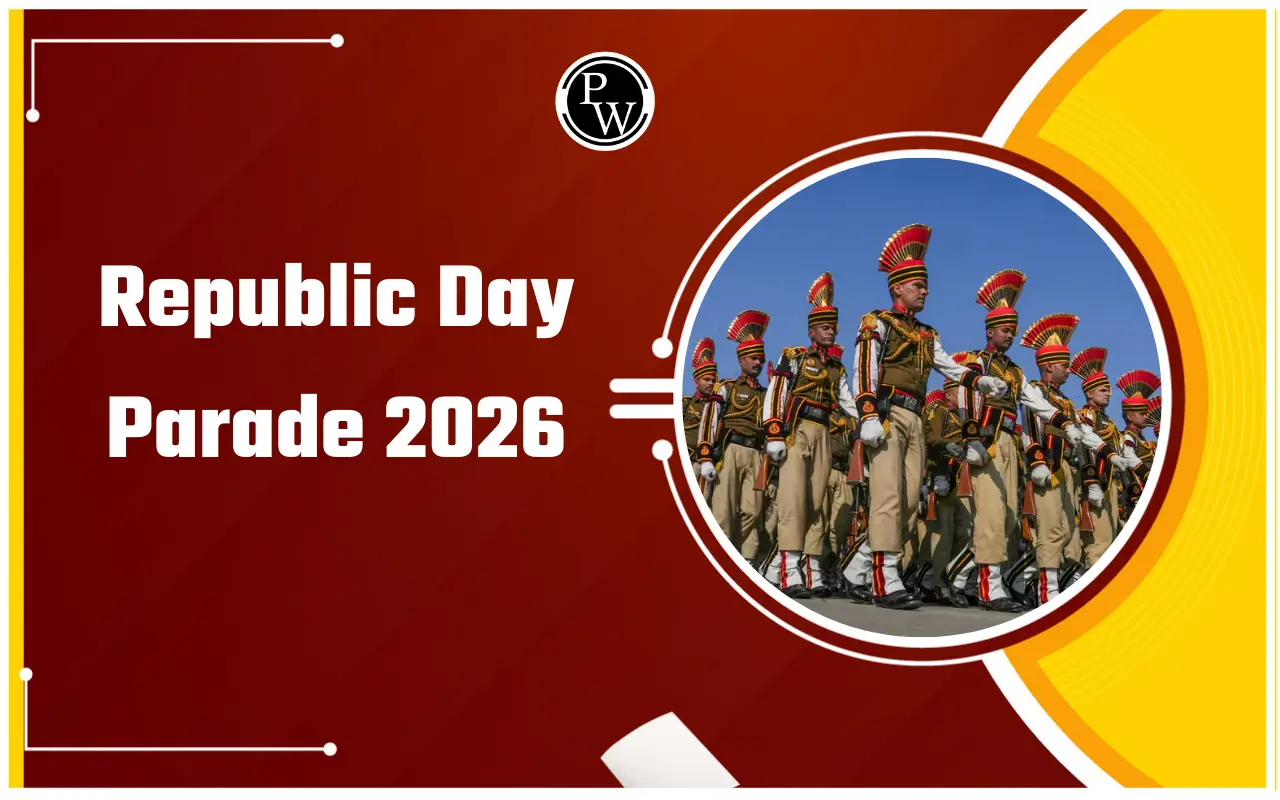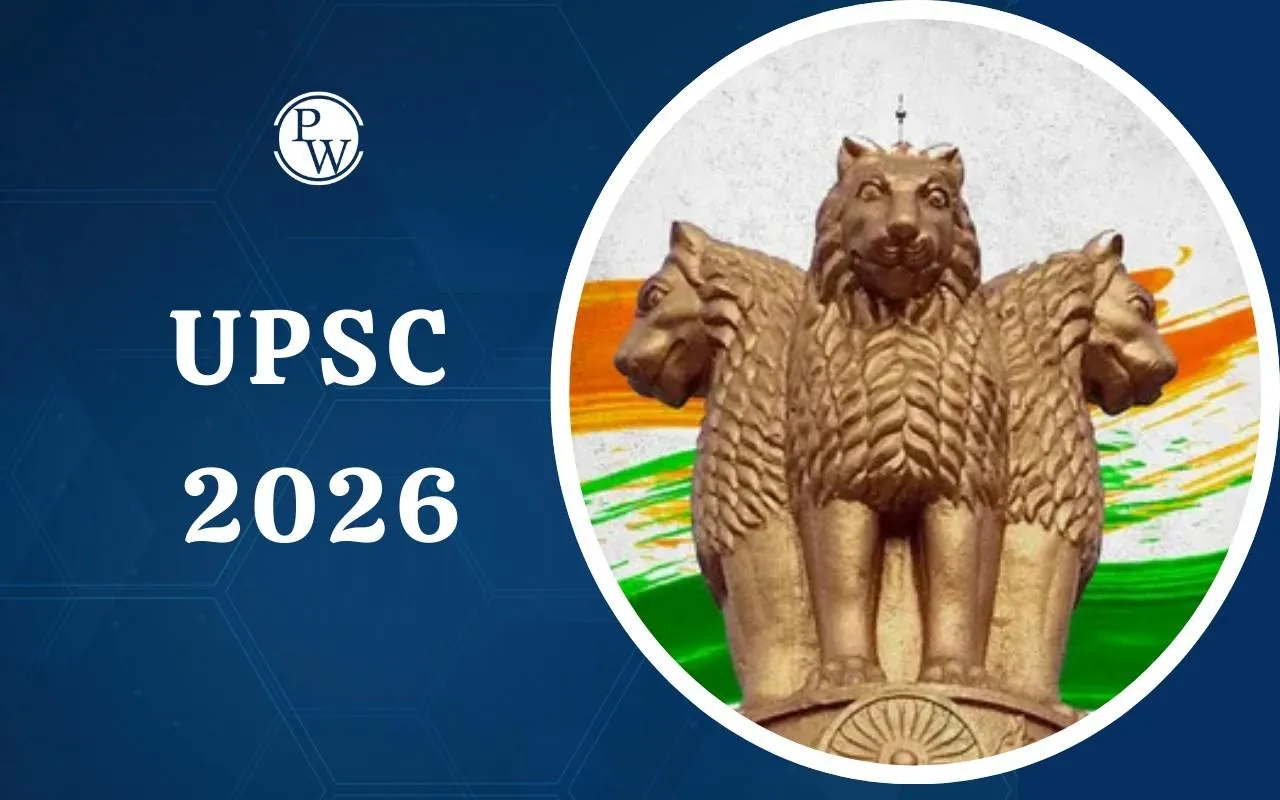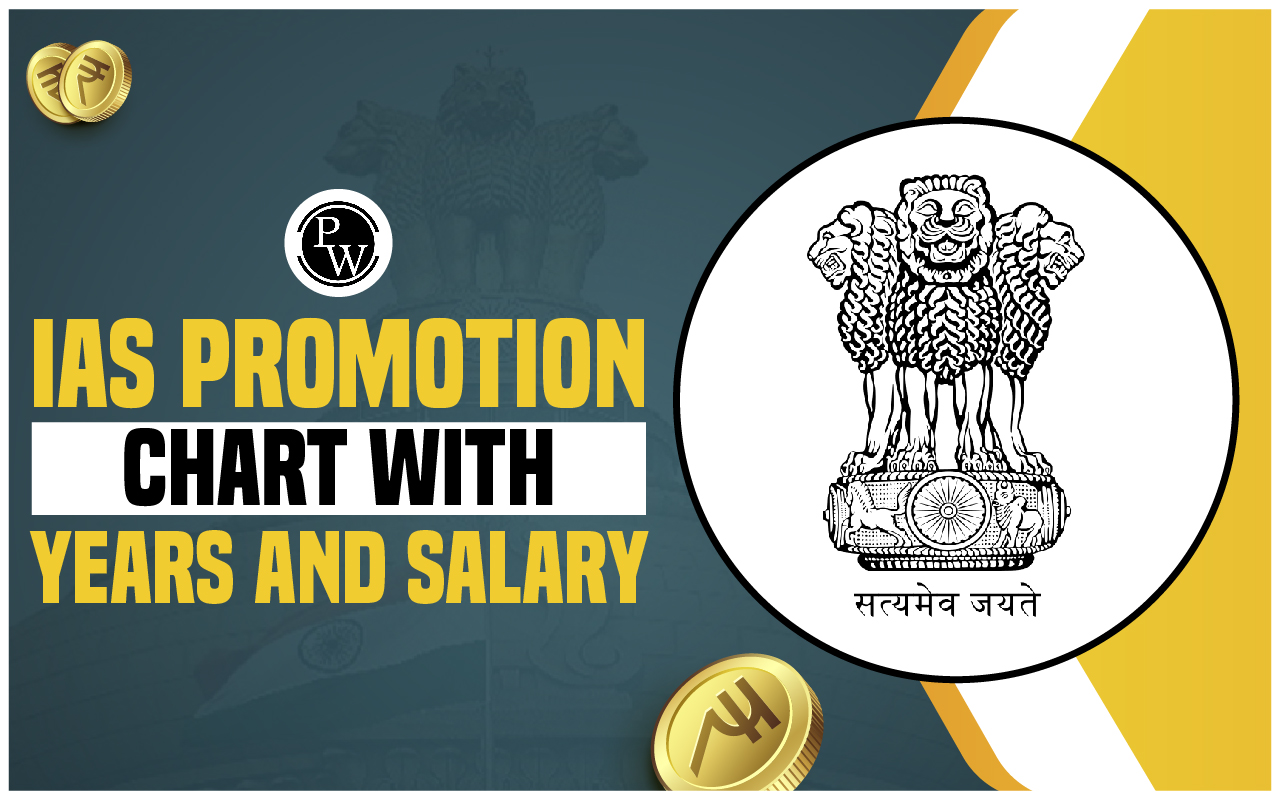
Role of IAS Officer: Becoming an Indian Administrative Service (IAS) officer is a dream for thousands of UPSC aspirants. It’s one of the most prestigious roles in India, offering immense power, responsibilities, and the ability to make a real difference in society.
As you begin your preparation, you must be well aware of the role of IAS officer and their job profile, powers, responsibilities, and promotion opportunities. This will serve as a motivation as you begin your preparation for the UPSC Civil Services exam.Indian Administrative Service (IAS)
The Indian Administrative Service (IAS) is the backbone of the country's administrative system. It is one of the All India Services, and its officers hold key positions in the government, including district collectors, secretaries in government departments, and heads of public sector undertakings. The IAS officer's role is crucial in implementing government policies, managing resources, and maintaining law and order across the country. IAS officers hold immense responsibility as they are directly involved in the day-to-day operations of governance. They work closely with various government departments and ministries to ensure the efficient functioning of services. With such responsibilities, the role of IAS officer goes beyond paperwork. They help in leading the public administration system, responsible for driving developmental policies and improving governance.Job Profile of IAS Officer
The job profile of an IAS officer is diverse and dynamic. It changes as they move through different stages of their career, starting at the district level and potentially reaching top bureaucratic positions in the central government. The job profile for an IAS officer at various levels is.- District Level: As a District Collector or District Magistrate, an IAS officer is responsible for the overall administration of the district. They oversee law and order, revenue collection, and the implementation of government schemes.
- State Level : At the state level, IAS officers serve as Secretaries or Commissioners, handling portfolios like health, education, and finance.
- Central Level: In the central government, IAS officers can become Joint Secretaries, Additional Secretaries, or even Cabinet Secretaries, influencing national policies.
Role of IAS Officer
The role of IAS officers revolves around public administration and governance. They are responsible for ensuring that government policies reach the grassroots level effectively. IAS officers also act as key decision-makers during crises like natural disasters, managing relief operations, and ensuring the safety and well-being of citizens. Here are some of the key roles of an IAS officer:- Policy Implementation: IAS officers are responsible for implementing government policies at the ground level. They ensure that schemes like Pradhan Mantri Awas Yojana, MGNREGA, and others reach the intended beneficiaries.
- Law and Order Maintenance : They work closely with police and judicial officers to maintain law and order, particularly during elections, riots, or natural disasters.
- Public Administration: The role of IAS officers in public administration includes ensuring efficient governance, dealing with public grievances, and managing public sector units.
- Resource Management: An IAS officer oversees the effective use of resources such as funds, manpower, and infrastructure. They play a vital role in disaster management and environmental sustainability.
- Development Work: They are at the forefront of developmental work, ensuring that infrastructure projects, healthcare services, and education systems are running smoothly.
IAS Officer Powers and Duties
IAS officers act as a bridge between the government and the citizens. The powers of an IAS officer are extensive and come with significant responsibilities. These powers vary depending on their rank and posting:- Executive Powers: IAS officers have the authority to make administrative decisions in their respective districts or departments. They can impose laws, take action against illegal activities, and ensure the smooth execution of government programs.
- Judicial Powers : As magistrates, IAS officers hold quasi-judicial powers. They can adjudicate in legal matters related to land revenue, criminal proceedings, and election processes.
- Financial Powers: IAS officers are in charge of the government budget allocated to their districts. They make sure that funds are appropriately utilized for the welfare of the people.
- Advisory Powers: They advise politicians and ministers on policy matters. At the state or central level, IAS officers draft policies, supervise their implementation, and monitor outcomes.
IAS Promotion Chart
IAS officers are promoted based on their years of service, performance, and experience. The IAS promotion chart reflects the progression of an officer’s career:| IAS Promotion Chart with Years and Salary | |||
| S.No | Designation of IAS officers | Years of Service | IAS Salary |
| 1 | Junior Time Scale (Under Secretary) | 0-4 years | Rs 56,100 |
| 2 | Senior Time Scale (Deputy Secretary) | 4-9 years | Rs 67,700 |
| 3 | Junior Administrative Grade (Director) | 9-12 years | Rs 78,800 |
| 4 | Selection Grade (Joint Secretary to Government of India/ Secretary in State Govt) | 12-16 years | Rs 1,44,200 |
| 5 | Super Time Scale (Additional Secretary in Government of India / Principal Secretary in State Govt) | 16-25 years | Rs 1,82,200 |
| 6 | Above Super Time Scale (Secretary to Government of India) | 25-30 years | Rs 2,00,000 |
| 7 | Apex Scale (Chief Secretaries of States) | 30-36 years | Rs 2,25,000 |
| 8 | Cabinet Secretary Grade Pay (Cabinet Secretary) | 37+ years (varies) | Rs 2,50,000 |
| UPSC Related Articles | ||
| UPSC Prelims Questions | NCERT for UPSC Exam 2025 | UPSC Interview Language |
| IAS Officer Salary | How to Become an IAS Officer? | Famous IAS Officers |
Role of IAS Officer FAQs
Que 1: What are the roles of an IAS officer?
An IAS officer's role involves policy implementation, maintaining law and order, public administration, and development work.
Que 2: What are the responsibilities of an IAS officer?
The responsibilities include managing district administration, resource allocation, and ensuring the execution of government schemes.
Que 3: What is the daily work of an IAS officer?
The daily work of an IAS officer involves monitoring law and order, visiting government offices, interacting with the public, and ensuring proper implementation of policies.
Que 4: What are the powers of an IAS officer?
An IAS officer has executive, judicial, and financial powers. They can make administrative decisions, adjudicate legal cases, and manage budgets.
Que 5: What is the role of an IAS officer in public administration?
IAS officers play a key role in public administration by managing government departments, resolving public grievances, and ensuring the smooth functioning of governance.
Talk to a counsellorHave doubts? Our support team will be happy to assist you!

Free Learning Resources
PW Books
Notes (Class 10-12)
PW Study Materials
Notes (Class 6-9)
Ncert Solutions
Govt Exams
Class 6th to 12th Online Courses
Govt Job Exams Courses
UPSC Coaching
Defence Exam Coaching
Gate Exam Coaching
Other Exams
Know about Physics Wallah
Physics Wallah is an Indian edtech platform that provides accessible & comprehensive learning experiences to students from Class 6th to postgraduate level. We also provide extensive NCERT solutions, sample paper, NEET, JEE Mains, BITSAT previous year papers & more such resources to students. Physics Wallah also caters to over 3.5 million registered students and over 78 lakh+ Youtube subscribers with 4.8 rating on its app.
We Stand Out because
We provide students with intensive courses with India’s qualified & experienced faculties & mentors. PW strives to make the learning experience comprehensive and accessible for students of all sections of society. We believe in empowering every single student who couldn't dream of a good career in engineering and medical field earlier.
Our Key Focus Areas
Physics Wallah's main focus is to make the learning experience as economical as possible for all students. With our affordable courses like Lakshya, Udaan and Arjuna and many others, we have been able to provide a platform for lakhs of aspirants. From providing Chemistry, Maths, Physics formula to giving e-books of eminent authors like RD Sharma, RS Aggarwal and Lakhmir Singh, PW focuses on every single student's need for preparation.
What Makes Us Different
Physics Wallah strives to develop a comprehensive pedagogical structure for students, where they get a state-of-the-art learning experience with study material and resources. Apart from catering students preparing for JEE Mains and NEET, PW also provides study material for each state board like Uttar Pradesh, Bihar, and others
Copyright © 2026 Physicswallah Limited All rights reserved.









